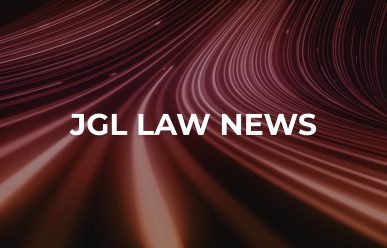Have you received a subpoena from an administrative agency that is seeking documents or an interview with you? What next?
A subpoena is simply an order from a court or government agency. This post deals with subpoenas issued by government or administrative agencies. Most licensed professionals (think doctors, psychologists, dentists, and social workers) are regulated by agencies with subpoena powers. Typically, a subpoena seeks to compel a person’s attendance at a hearing or produce documents that a government agency is seeking as part of an investigation. A subpoena may seek privileged information or testimony potentially implicating the Fifth Amendment right against self incrimination.
If you receive a subpoena from a government agency, do not ignore it. There is a misperception that licensed professionals can ignore the administrative subpoena if it seeks privileged or confidential documents. This is not correct.
Maryland law is clear: If you are served with an administrative subpoena, you must respond by producing the requested information or challenge the subpoena in court by filing a timely motion to quash or request a protective order.
There is great risk if you fail to respond or challenge the subpoena in court. Individuals who refuse to respond risk being professionally disciplined with obstructing or failing to cooperate with an investigation, which can have serious consequences for a professional’s license. For example, in Md. State Bd. of Physicians v. Eist, 417 Md. 545 (2011), the Board of Physicians issued a subpoena to a psychiatrist for privileged records related to his treatment of a patient. Even though the patient refused to consent to the disclosure of the privileged records, the Board charged and ultimately found that the psychiatrist failed “to cooperate with a lawful investigation conducted by the Board.” Id. at 552. Most regulated professions have similar requirements.
The psychiatrist eventually turned the records over and the Board dismissed the underlying complaint, but pursued the disciplinary charge related to obstructing the Board’s investigation. In determining that the Board of Physicians correctly found that the psychiatrist failed to cooperate with an investigation, the Court of Appeals explained that “when the Board is investigating a complaint against a health care provider and subpoenas certain medical records in his or her possession, the health care provider is required to provide the medical records to the Board regardless of the patient’s authorization.” Id. at 564. The Court of Appeals’ decision illustrates the broad authority licensing agencies possess. See Dr. K. v. State Bd. of Physician Quality Assurance, 98 Md. App. 103, 120 (1993) (“To give a patient, in effect, a veto over the Board’s power to regulate licensed physicians would be to eviscerate the Board’s ability to protect the larger public interest.”).
If you receive an administrative subpoena, it is imperative to comply with the subpoena or challenge the subpoena in court. Do not ignore it.


